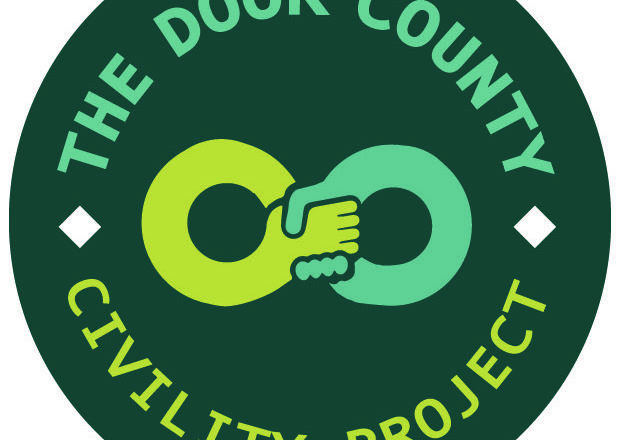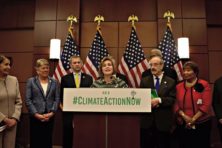Hope for a Better Decade
- Share
- Tweet
- Pin
- Share

by Susan McAninch, Door County Civility Project
As we start a new decade, Americans continue to be deeply concerned about the state of civility in our country.
Weber Shandwick (webershandwick.com), a public-relations firm that’s been tracking Americans’ perceptions and attitudes toward civility since 2010, recently released its 2019 study of American civility. It shows that 93 percent of Americans consider incivility to be a problem, with 68 percent identifying it as a major problem. This rate has changed little since 2010.
Furthermore, the surveys have consistently found that 75 percent of Americans believe that civil discourse and actions have worsened compared to a few years ago. According to the report, the top three drivers of incivility are social media and the internet, the White House, and politicians in general.
Yet although there is plenty of public despair, most of us continue to maintain hope that our nation can turn a corner. Nine out of 10 Americans believe that it’s possible for people to disagree in a civil manner and to resolve differences in a respectful and productive way.
The 2019 study explored a range of solutions needed to achieve greater civility. The ideas receiving the strongest support from the survey respondents fell into four themes:
• Power lies with individuals, largely because they take personal responsibility for their actions.
• Workplaces offer a blueprint by demonstrating that the culture of civility starts at the top, and also that diversity and inclusion enhance civility.
• Social media have a responsibility to help mitigate uncivil behavior.
• Institutions such as schools, local governmental bodies, elected officials, faith-based and community organizations, and businesses play a role by sharing best practices and collaborating to create coalitions that will provide a powerful platform for restoring a culture of civility in our country.
The 2019 study names the average American as the top driver of improved civility. We are making significant efforts to be civil when treated uncivilly and to promote civility at home, among friends and in the workplace. We are making it a priority to vote for political leaders who behave in a civil manner. Increasingly, we are engaging with those with whom we do not agree, rather than responding with passive avoidance.
Two cases in point: Bret Bicoy’s Jan. 3 article in the Pulse about his positive experience of discussing gun control around a breakfast table of men with widely divergent opinions, and the documentary series Divided We Fall, which showcases ordinary Americans discussing deeply divisive topics and finding ways to bridge the gaps.
The study concludes that workplaces, social-media companies and institutions need to build programs that further empower us as individuals to get involved and to be our best selves. We the people are our nation’s strength. We solve problems by using our strengths. Hope springs eternal. Happy New Year.



